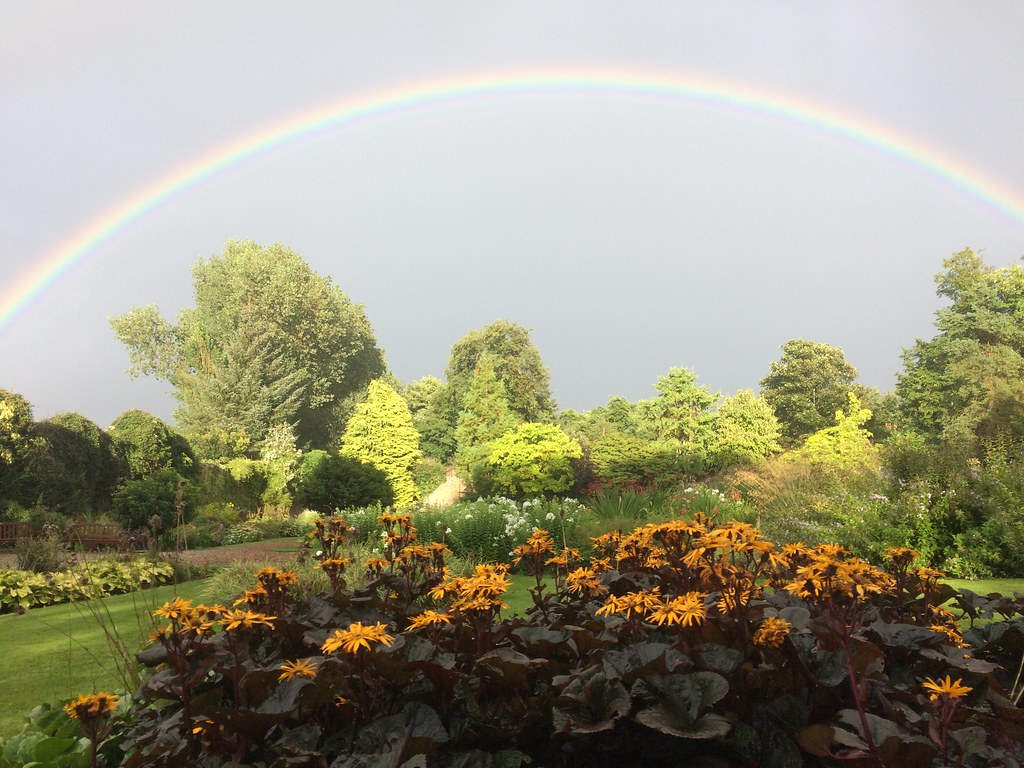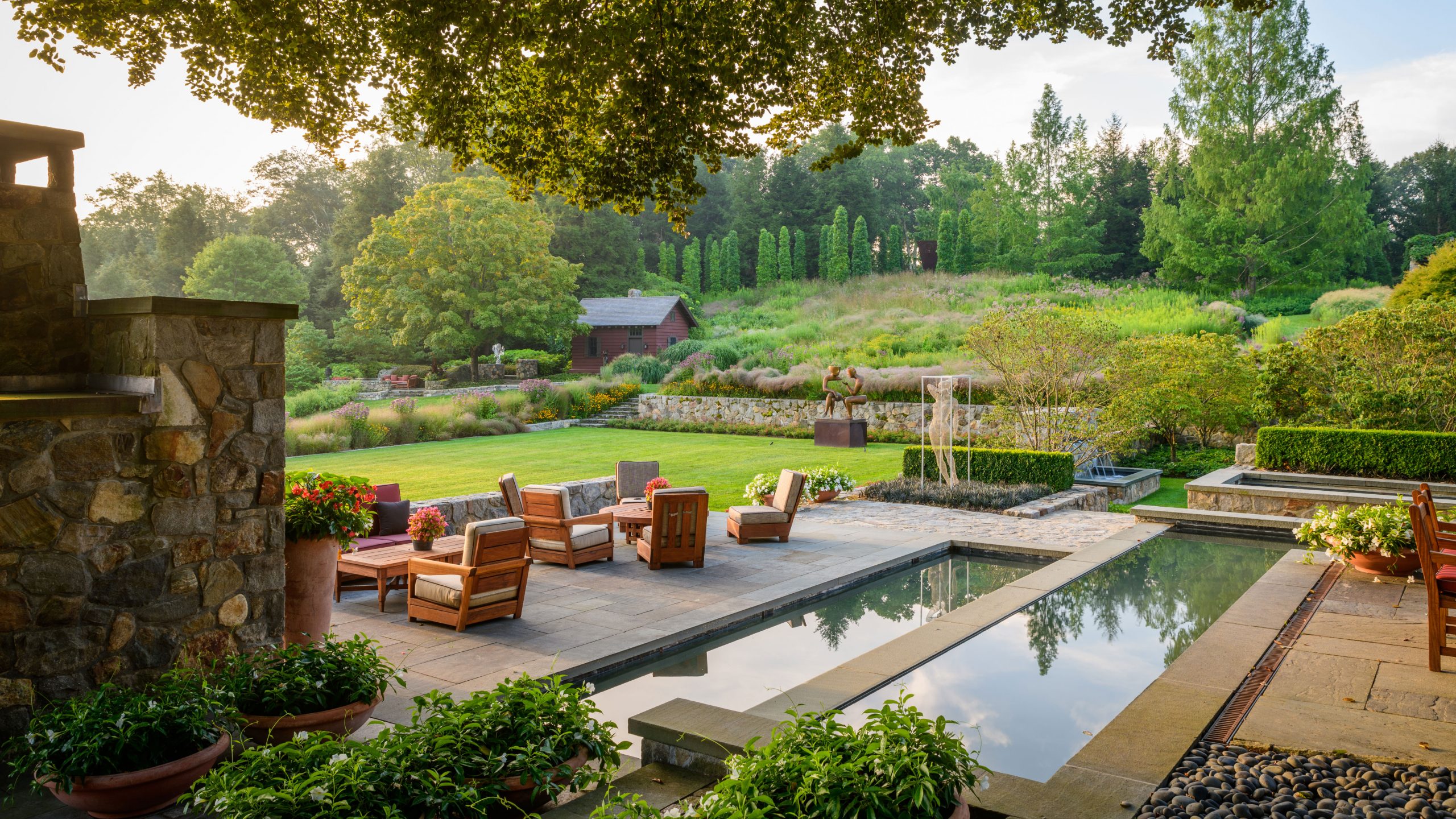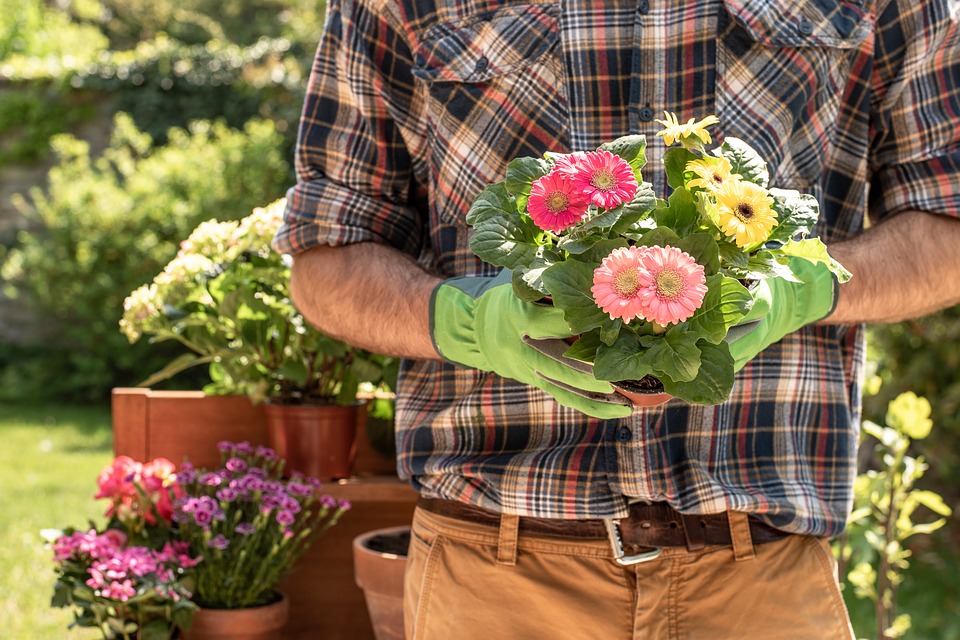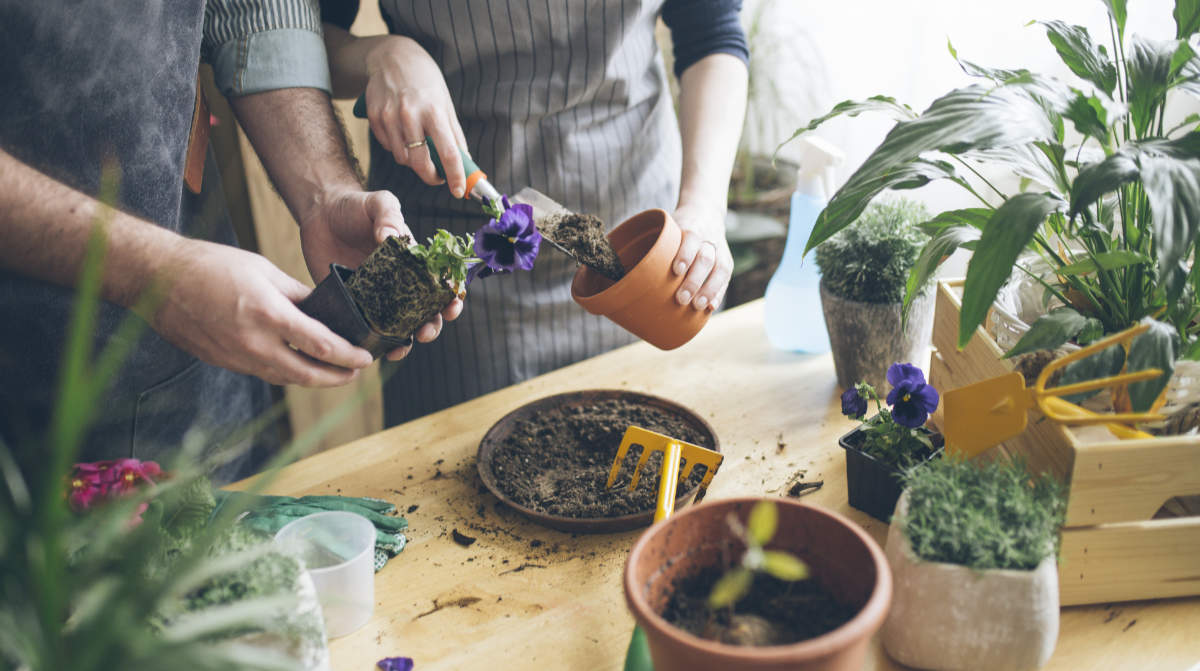I always like to start with something personal, so please bear it with me!
Everyone’s experience is different, but this is how I discovered my passion for gardening. Ten years ago, I was going through depression, the worst kind of suffering that doesn’t let you sleep and keeps haunting your thoughts till three in the morning. It feels as if you’re covered by an endless blanket of darkness or as if there are thousands of lint balls under your chest. Each time you close your eyes, your soul sinks back into the depths of pain. Back then, gardening helped me live and go through that difficult phase of life.
It’s not surprising to me when patients are increasingly being prescribed to spend more time in nature and in gardening.
But, another reason why I enjoy gardening is because of its connection to the Bible. In the beginning, when God created the first humans, Adam and Eve, He chose a garden as their original home. So, I believe that’s a sign that gardens represent something good for us. And, growing plants and vegetables would mean appreciating the miracle of creation.
If you look further in the Bible, in the New Testament, you’ll find lots of agricultural metaphors. From the parable of having faith the size of a mustard seed to move mountains (Matthew 17: 20) to the parable about sowers of seeds (Matthew 13), the separation of the wheat from the chaff (Luke 3: 17) and the growers of vineyards and laborers working under the sun (Matthew 20: 1-16), Jesus talked about plants and gardening all the time.
So, here are some gardening lessons we derive from the Bible passages and that can be infused in your garden.
Sowing Seeds
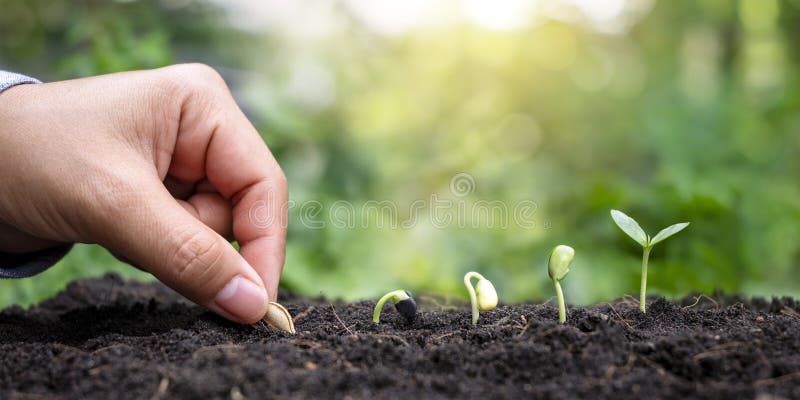 Every gardener has their own guidelines and preferences for sowing seeds. For instance, some prefer using biodegradable cups, soil blocks and eggshells while others prefer growing seeds in plastic trays and pots.
Every gardener has their own guidelines and preferences for sowing seeds. For instance, some prefer using biodegradable cups, soil blocks and eggshells while others prefer growing seeds in plastic trays and pots.
However, no matter the method used, there are a few common mistakes gardeners often make that lead to an increased chance of seeds failing to germinate or things not working out the way they should.
One of these common mistakes includes planting the seeds too deep or too shallow. When they are too deep, they will not have enough moisture and energy to push the seedling out. On the other hand, if they are too shallow, they will be exposed to birds of the air and heavy winds.
“The sower went out to sow his seed; and as he sowed, some fell beside the road; and it was trampled under foot, and the birds of the air ate it up.”
– From Luke 8:5
Assuming that you are doing everything right, the next issue to sort out is the quality of the seeds.
Home gardeners are often tempted to buy vegetable seeds that are on sale and are always on the lookout for a bargain. But, what seems to be a simple bargain can actually result in old, dry and outdated seeds that cannot germinate.
Compare this to the seed that’s been spoiled by sin. Such seed will never germinate in a man’s heart and bring forth any fruits because it’s worthless.
“Now the parable is this: the seed is the word of God. And those beside the road are those who have heard; then the devil comes and takes away the word from their heart, so that they may not believe and be saved.”
– From Luke 8:11-12
“When anyone hears the message about the kingdom and does not understand it, the evil one comes and snatches away what was sown in his heart. This is the seed sown along the path.”
– From Matthew 13:19
